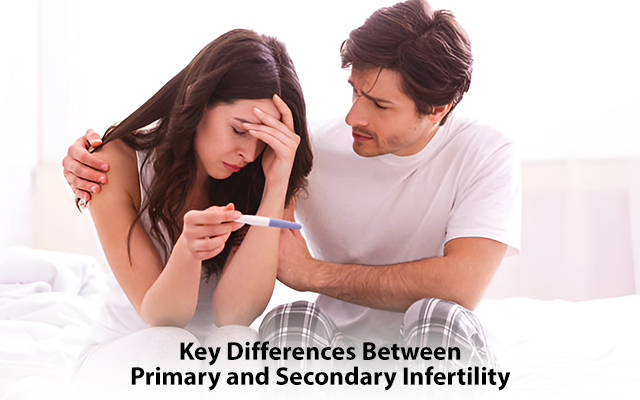March 8, 2025 | by Admin

Infertility comes as a challenge for many couples trying to conceive. It can be categorized into two types- primary and secondary infertility. Know the differences between the two below.
Primary infertility occurs when a couple has difficulty conceiving after at least one year of trying to get pregnant without the use of contraception despite having regular, unprotected sex. This type of infertility occurs in couples who have never been able to achieve a pregnancy.
Common Causes of Primary Infertility:
Secondary infertility is the inability to get pregnant or carry a pregnancy to full term after having a successful pregnancy previously. Unlike primary infertility, couples experiencing secondary infertility have already had at least one child but face difficulty when trying to conceive again.
Causes of Secondary Infertility:
If you are having trouble conceiving, whether for the first time or after already having children, consultation with a fertility specialist can help. You can visit our female infertility clinic in Kolkata to connect with our expert doctors and overcome your infertility challenges.